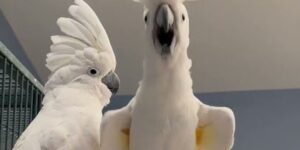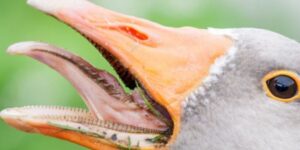Introduction
Parrots are not only colorful and fascinating but also highly intelligent and social animals. As pet owners, it is essential to understand what parrots eat and drink to meet their complex nutritional needs. A well-balanced diet plays a crucial role in ensuring their health, energy, and longevity. Knowing the right foods and drinks for parrots can prevent health issues such as malnutrition, obesity, and digestive problems. In the wild, parrots enjoy a diverse diet, including fruits, vegetables, seeds, and nuts. However, their needs in captivity may vary depending on the species and individual health. This article will guide you through the different types of food and drink suitable for parrots, how to create a balanced diet, and what to avoid feeding them to ensure they thrive under your care.
Parrot Diet: Understanding the Basics
Parrots are omnivores, which means they thrive on a varied diet that includes both plant-based and animal-based foods. In their natural habitat, parrots consume a mix of seeds, fruits, vegetables, and occasionally small insects. This diverse diet ensures they receive a wide range of essential nutrients. As pets, parrots require a similar balance to stay healthy and energetic. A well-rounded diet helps prevent common health problems such as obesity, malnutrition, and behavior issues like feather plucking. Too much of one type of food, such as seeds alone, can lead to nutritional imbalances. Pet owners should provide a variety of fresh fruits, vegetables, and high-quality pellets, along with a limited amount of seeds and nuts. Doing so will keep your parrot active, prevent boredom, and encourage optimal health. Understanding their dietary needs is the first step toward ensuring a long and happy life for your feathered companion.
What Parrots Eat: Key Foods
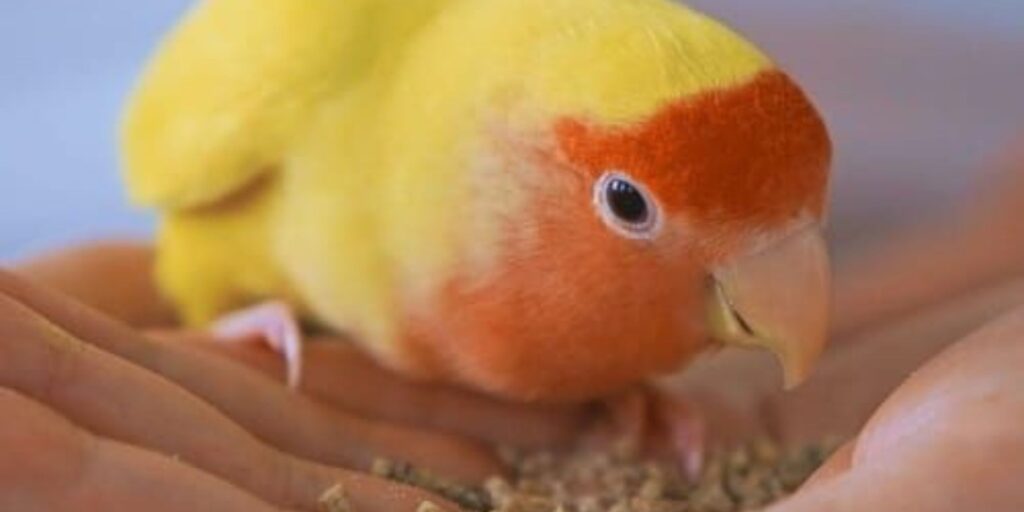
Parrots enjoy a variety of foods that provide essential nutrients for their health. Fresh fruits should be a key part of their diet, offering vitamins, antioxidants, and fiber. Apples, bananas, grapes, and berries are popular choices. Tropical fruits like mango and papaya also add variety and flavor. Vegetables should make up a large portion of a parrot’s daily intake. Leafy greens such as kale, spinach, and romaine lettuce are packed with nutrients. Other vegetables like carrots, bell peppers, and sweet potatoes provide additional vitamins and minerals. Seeds and nuts offer protein and healthy fats, but you should give them in moderation. Sunflower seeds, almonds, and walnuts are favorites. High-quality pellets can also be included, as they are specially formulated to provide balanced nutrition. Offering a variety of foods helps prevent boredom and ensures your parrot gets the right nutrients for a long, healthy life.
What do Parrots Eat and Drink: Seeds
Seeds are a common part of a parrot’s diet, especially in captivity. However, they should not be the sole food source. Parrots enjoy seeds like sunflower, millet, and safflower. Seeds provide fats and oils that are essential but should be given in moderation to avoid obesity.
What do Parrots Eat and Drink: Fruits
Fruits are an important part of a parrot’s diet, offering vitamins, minerals, and fiber. Common fruits parrots love include apples, bananas, berries, grapes, and oranges. They also enjoy tropical fruits like mango, papaya, and guava. Always remove seeds from fruits like apples or cherries, as they can be harmful.
What do Parrots Eat and Drink: Vegetables
Vegetables should make up a large portion of a parrot’s diet. Leafy greens like spinach, kale, and collard greens are rich in nutrients. Other healthy options include carrots, bell peppers, sweet potatoes, and broccoli. Vegetables provide fiber and antioxidants, promoting digestive health.
What do Parrots Eat and Drink: Nuts and Legumes
Parrots benefit from nuts and legumes in their diet, as they are a source of protein and healthy fats. Walnuts, almonds, and pistachios are good choices, but they should be unsalted. Beans and peas, either fresh or cooked, can be added to provide variety and protein.
What Parrots Drink: Hydration Needs
Fresh, clean water is essential for parrots’ hydration. Parrots drink water throughout the day, and you should provide it in a clean bowl that’s easily accessible. Always change the water at least once a day to prevent bacteria growth and keep it fresh. Dehydration can lead to serious health problems, so monitor your parrot’s water intake, especially during hot weather or in dry environments. While water should be their primary drink, some owners offer occasional fruit juice, but it should be diluted and given as a treat. Parrots may enjoy coconut water, which can also hydrate, but ensure it contains no added sugars. Avoid sugary drinks, sodas, or caffeinated beverages, as they can harm your bird. Providing fresh water alongside a varied diet of fruits and vegetables helps maintain hydration and overall health, ensuring your parrot stays active and vibrant.
What do Parrots Eat and Drink: Fresh Water
Fresh, clean water is essential for all parrots. They should have access to water at all times. Change the water daily to ensure it’s free of contaminants. A clean water bowl prevents bacterial growth and keeps your bird hydrated.
What do Parrots Eat and Drink: Fruit Juices and Other Liquids
Some parrot owners offer their bird’s diluted fruit juice or coconut water as a treat. However, these should not replace fresh water. Too much sugary juice can lead to health problems like obesity or diabetes. Always ensure your parrot’s primary liquid source is fresh water.
What to Avoid Feeding Parrots
Certain foods can be harmful or even toxic to parrots. Avoid giving them:
- Chocolate: It contains theobromine, which is toxic to parrots.
- Caffeine: Found in coffee, tea, and energy drinks, caffeine can cause seizures and heart problems.
- Avocados: Avocados contain a toxin called persin that can be fatal to birds.
- Onions and Garlic: These can cause digestive upset and damage red blood cells in parrots.
- Alcohol: Even small amounts of alcohol can be dangerous.
Supplements and Vitamins for Parrots
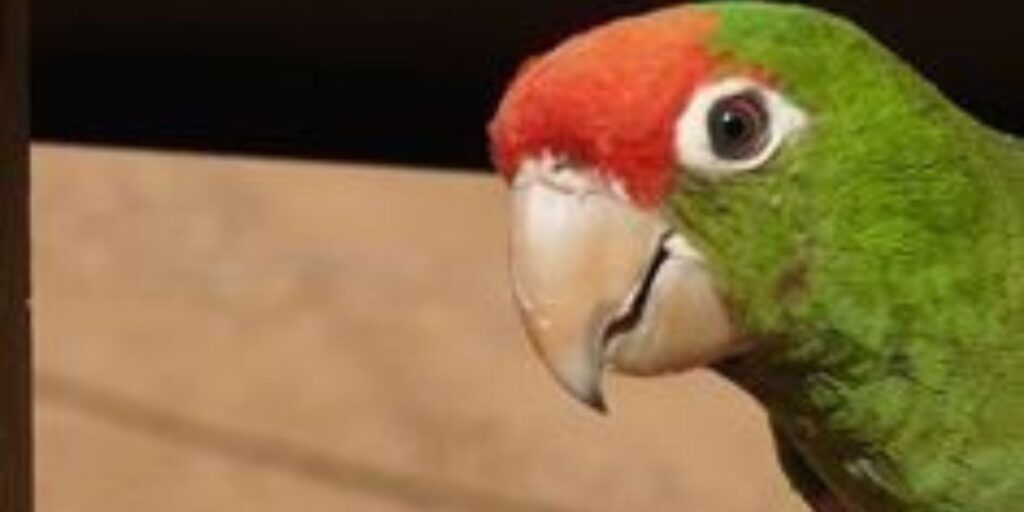
While a varied diet provides most of the nutrition a parrot needs, supplements can sometimes be necessary. Vitamin A, calcium, and iodine are particularly important for parrots. Consult with a vet to determine if your parrot needs additional vitamins or minerals.
How Much Should Parrots Eat?
The amount of food your parrot needs depends on its size, age, and activity level. Generally, parrots should consume about 1/4 to 1/3 of their body weight in food per day. Young, active parrots may need more food, while older or less active parrots may need less.
How Often Should Parrots Eat?
Parrots should eat multiple small meals throughout the day. Typically, they will need food in the morning and again in the evening. You can offer fresh fruits and vegetables in the morning and provide seeds or nuts as a late-day snack.
Special Considerations for Feeding Parrots
Parrots have unique dietary needs based on their size, age, and health. Larger parrots require more food and nutrients than smaller ones. Older birds or those with health issues may need special diets. Always adjust portion sizes and food types to meet your parrot’s requirements for optimal health.
Size of the Parrot
Different species of parrots have different dietary needs. Larger parrots, like macaws and cockatoos, require more food and a higher quantity of certain nutrients. Smaller parrots, like budgies or lovebirds, need smaller portions but still benefit from a diverse diet.
Age and Health Conditions
The diet of an older parrot or a parrot with health issues will vary. Senior parrots may have slower metabolisms and may not need as many calories. Parrots with health conditions like obesity or kidney disease may need specific diets, which should be discussed with an avian vet.
How to Serve Food to Parrots
Serve food in clean, shallow dishes to make it easy for parrots to access. Offer a variety of textures and food types, like chopped fruits, vegetables, and nuts, to keep them engaged. Change the food regularly and remove leftovers to prevent spoilage and ensure freshness throughout the day.
Variety is Key
Offer a variety of foods daily to ensure your parrot gets the full range of nutrients. Parrots enjoy eating different textures and flavors. Serve fruits, vegetables, and nuts in different ways, such as whole, chopped, or skinned, to keep them interested.
Fresh and Clean Food
Always serve fresh food. Remove any uneaten food after a few hours to avoid spoilage. Parrots can be sensitive to bacteria, and old food can lead to illnesses.
Conclusion: A Balanced Parrot Diet
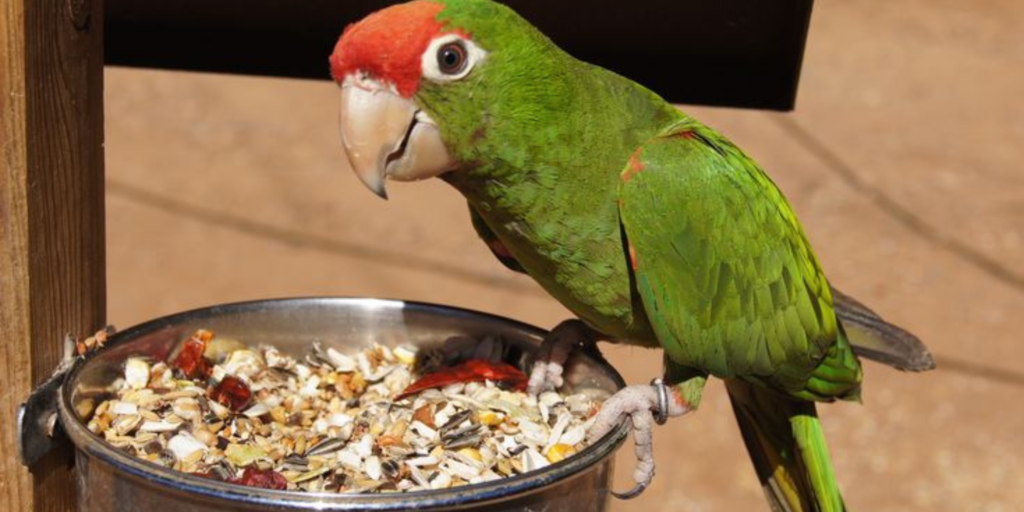
A parrot’s diet plays a key role in its overall well-being. Offering a variety of fresh fruits, vegetables, seeds, and nuts helps keep your parrot healthy, active, and happy. Always ensure access to fresh water and avoid harmful foods. Each parrot has specific dietary needs, so observe your pet closely and consult a veterinarian for guidance. Providing proper nutrition requires effort, but it ensures your parrot stays vibrant and thrives in your care.
